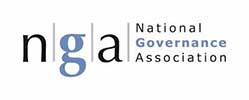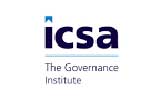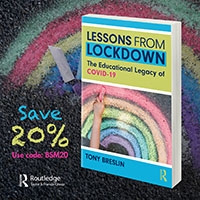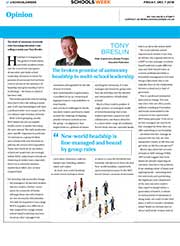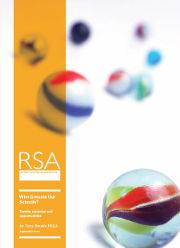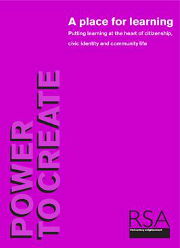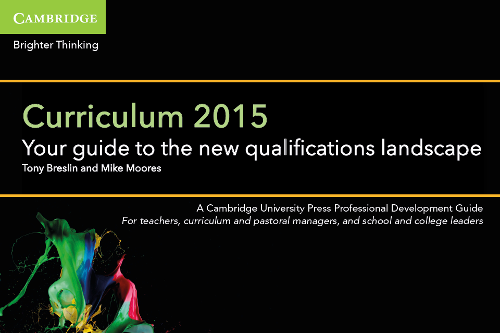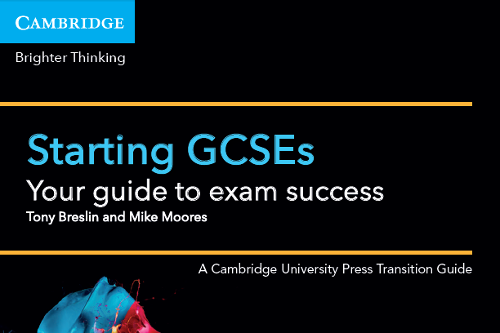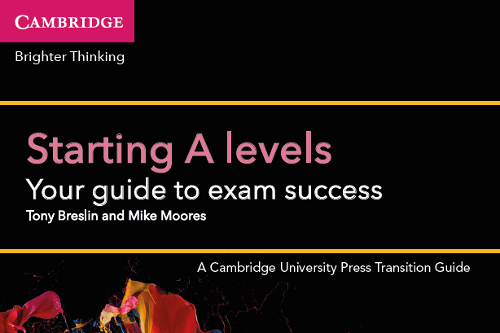












96% of school governors are white, 33% are over 60 and under 40
RSA, 2017

"One of the most common questions I get asked, especially by parents on the gate, is 'What do you do as a (school) governor?'"
Dan Hall
Bushey Primary Education Federation
Transform Governance is a joint venture between Breslin Social Impact and Permuto Consulting
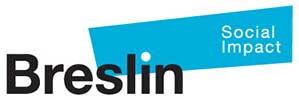

Need consultancy support? We have access to a range of specialists across sectors, across functions, and across the UK and beyond. Contact us to explore possibilities.
Let’s not go from austerity in the economy to austerity in the curriculum: art for all our sakes
Monday 5th December 2011
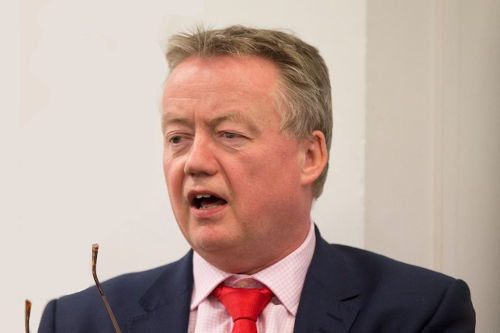
When the economic climate is tough, it is normal for the pendulum to swing towards a concern for the basics, not least in the field of education. The spirit is of ‘lock-down’ not luxury and in educational terms that tends to translate into a focus on standards, especially in terms of literacy and numeracy, a stronger concern for discipline and behavior and a tendency to blame current woes, not least the past summer’s disturbances, on the liberal indulgences of the past.
Whatever the merits of a swing back towards more ‘conservative’ practice, this blame culture is unhelpful. No educationalist, progressive or traditional, should be content when any child leaves formal education without the skills of word or number that are so vital to success and none is – a cursory look at the literacy levels amongst the low paid and within prison communities will confirm the perils of not having these capacities. Likewise, while progressives and traditionalists might differ on what good discipline is and how it is achieved, no educationalist seeks to promote or reward behavior that undermines learning.
Too often, though, those on the progressive side of this divide have inadvertently allowed their desire to ‘do’ education differently to be equated with a lack of concern for standards and basics while traditionalists have been content to present anything beyond their notion of a core curriculum as the ‘fluffy’ stuff to be dealt with, if at all, after the basics have been delivered. And, thanks to the positions taken by each set of protagonists, it is into this corner, that the arts, the humanities and creativity are painted; this makes the current environment a challenging one for theatre companies such as Arc Theatre for Change, the Barking based education and diversity focused company led by Carole Pluckrose and Clifford Oliver where I have the privilege of being a Board Member. “How will it impact on our results?” is the understandable cry from school leaders and local authority advisers, when the possibility of a performance is put to them. No wonder, at a time when grades matter all the more, cash is tight, the future is uncertain and the pendulum is swinging towards a narrower conception of what schools are for and what they need to do.
This summer’s ‘riots’ should give policymakers and practitioners pause for thought. The millionaire’s daughter and the miscreant teaching assistant may have grabbed the headlines but the emerging arrest and conviction statistics suggest that many of the participants were from the other side of the tracks. The key to unlocking the potential of these young people, those that are the least engaged in our educational system – those that come from the most disrupted backgrounds – does not lie in lock-down but in serious attempts to harness their creativity and engage them in the liberating project that education can and ought to be. Here, the arts, the humanities, citizenship, the wider social curriculum and pedagogic approaches and processes that are human, rather than industrial, in scale are vital. Work such as that which Arc is engaged in through pieces like Stereo, Boy X and Girl E engages precisely these young people for three reasons: first, it gives voice to their experience; second, it involves them directly, through the medium of drama, in the telling of their stories; third, in so doing, it develops their self-esteem, their capacity to drive change and many of the skills vital for success within and beyond the classroom. In the rush to ‘basics’ and a desire to get tough with ‘feral’ youth, it would be an error to think that tough discipline and a narrower curricular offer, underpinned by the introduction of the new e-baccalaureate and an emaciated ‘back to basics’ National Curriculum, will deal with the problem.
Few things are as important as these basics but we are only likely to ensure that the most disaffected of our young people master them, if we are anything but basic in our approach. The arts, the humanities and the wider social curriculum aren’t the ‘fluffy’ stuff to be put off until a better day; they are a key means of building inclusion and achievement across the ability and motivational range, as the young actors engaged in delivering Arc’s seminal work, and their appreciative audiences, will testify. To find out more about Arc go to: http://www.arctheatre.com/
Tweet Share on Facebook

